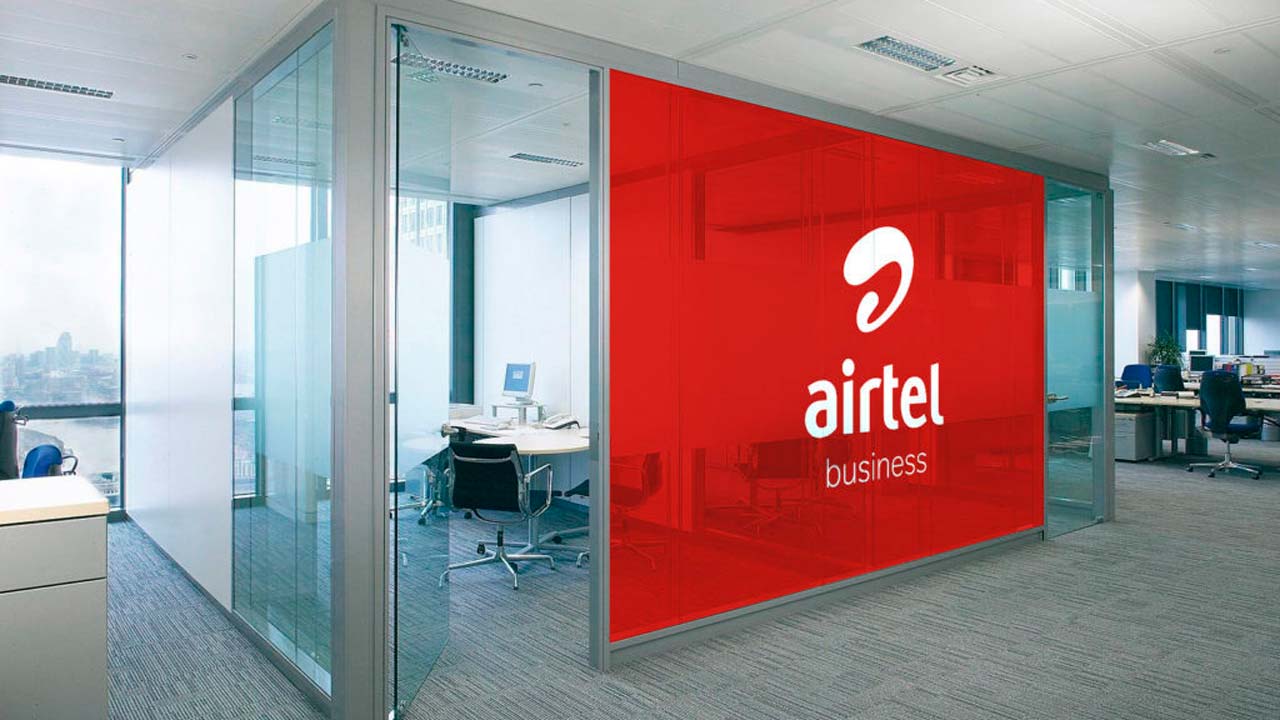
• Predicts 28m new Nigerian subscribers by 2025
Despite claims of nationwide 4G coverage by some telecommunications operators in Nigeria, its penetration is still very infinitesimal, at just four per cent.This four per cent, according to Mobile Report 2019, unveiled by Jumia, is very low when compared with some major markets in Africa. For instance, South Africa’s 4G penetration is 18 per cent; Angola 16 per cent, while Egypt has about 21 per cent.
This development is coming on the heels of Airtel launch of the service in Ota, a suburb of Ogun state.Speaking during a visit of the Airtel network team to the Chairman of Ado-odo, Ota Local Government Area, Bashir Oladele Adeniji, Regional Operations Director of Airtel Nigeria, West Region, Femi Oshinlaja, assured of commitment to supporting the Government’s drive of deepening mobile Internet penetration both locally and nationally.
The Mobile report noted that on average, since 2015, around 20 new 4G networks launched in Africa every year. The African 4G subscriber base has been doubling every year (though from a small base) and operators are reporting double-digit traffic growth numbers. The reality, however, is more nuanced. Despite the positive growth, the African market is falling behind on 4G. Spectrum allocation has been a challenge, and 4G business models remain in flux.
The Report further said 44 per cent of mobile subscribers in Nigeria are still using 3G technology, while mobile broadband penetration is forecast to rise to 55 per cent of the population by 2025, with 70 per cent having 3G connectivity, and 17 per cent 4G networks. 5G network with the 26 GHz, 38 GHz and 42 GHz spectrum bands will be rolled out by 2020.
It also said some 700 million new mobile subscribers from various countries across the world will push the total number of global mobile subscribers to six billion between now and 2025. Nigeria has been identified among these countries, with others being India, China, Pakistan, Indonesia, USA, and Brazil.
The report predicted that Nigeria will contribute four per cent of the estimated 700 million new global mobile subscribers, making it the only country in Africa marked with a significant contribution to increasing global mobile penetration.
By this quota, it is expected that 28 million new mobile subscribers will emerge from Nigeria between 2019 and 2025, that is, an average of seven million new mobile subscribers yearly, if it is to meet its quota.
On the Airtel launch, Adeniji said he was pleased with the deployment of the 4G in Ota, adding that the government is taking its responsibility of ensuring a peaceful environment for smooth business operations very seriously.
Just as the the Olota of Ota, commended Airtel Nigeria for its transformation and competitiveness, and urged the telco to remain relentless in its pursuit of excellence.Meanwhile, the report identified that lower price point smartphones still leading the pack and limiting access.
According to it, Asian brands have consistently enjoyed massive patronage because of their Africa-specific strategy of introducing lower price point smartphones into the Nigerian market. In 2018, Fero, Samsung, Nokia, Infinix and Tecno remained the customers’ favourites and the top-selling mobile brands on Jumia.
It is interesting that a one-time king of mobile phone, Nokia, is gradually returning to the limelight, riding on its durability claim. Infinix continues to lead the pack, year on year.
The average price of smartphones continues on a downward trajectory, as it dipped to $95 in 2018, from S$ 117 in 2016, and $216 in 2014. This development is laudable as again, the major driver of this trend is attributed to the influx of Asian brands specifically targeted for the Nigerian market



